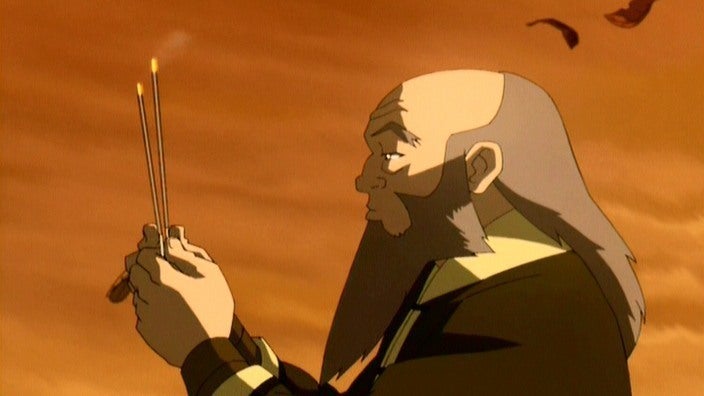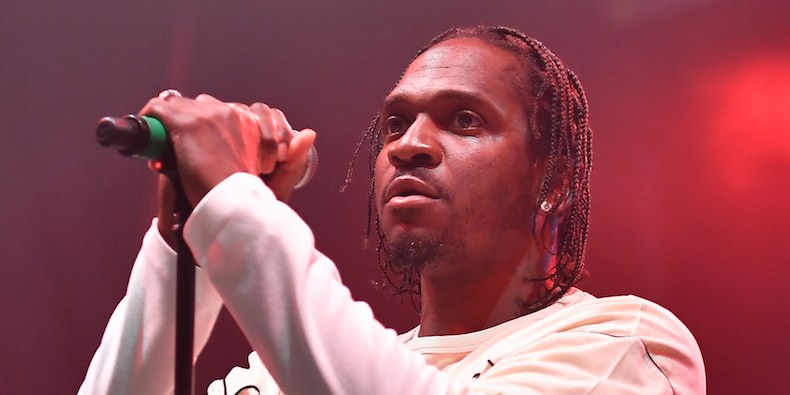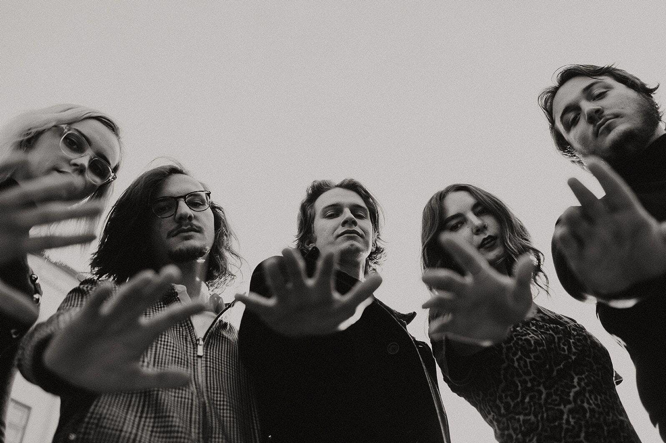By: Tommy “T-Rod” Rodriguez
“It is important to draw wisdom from many different places. If you take it from only one place, it becomes rigid and stale.” ~ General Iroh, Avatar the Last Airbender
I always wonder where I draw my own wisdom from. Obviously, my basic instincts, social skills, and work ethic come from my family, my music knowledge and attitudes drawn from my closest friends. They are all wells of wisdom, always present to be tapped and guide you through life…
But can true wisdom be attained from someone you’ve never met?
If my experiences with Avatar the Last Airbender and hip-hop in this rollercoaster of a year have taught me anything…the answer is yes. Sometimes the greatest teachers are the ones we’ve never really met. Allow me to explain as I compare the teachings of General Iroh to those we see in hip-hop every day.
Now, why link Iroh to the genre of hip-hop? One of the most important things about the genre that must be recognized is that many of our favorite artists have histories that few can even comprehend. As a white-Hispanic guy from South Florida having learnt about the horrors that my favorite artists have experienced, I’m inspired to learn more. Learn in order to improve the cruel world around me.
Iroh is much the same for the cast of Avatar. A retired general who not only led the front lines of many atrocities, but lost a son in war, he acts as a guide for the characters of the show. His knowledge of the world, gained through tragedy and hardship, provides a way for innocent characters and viewers to gain a new perspective on their life and combat injustice.
Throughout my daily binge of Avatar content and hip-hop releases, I’ve noticed multiple similarities between how the wisest of masters spread their knowledge. Rather than talk down and belittle, the greatest teachers use their own background, failures and all, to teach new lessons. Whether it’s the keys to firebending or ways to become a better human being, it doesn’t matter. Iroh and rap music have ways of teaching us through experience.
What kind of lessons have we learned from rap music though? As Iroh said, there are many different places in the genre to draw wisdom from. Learning about the power of grief from artists like Earl Sweatshirt gives us inspiration to face our inner demons; records like Mavi’s Let the Sun Talk allow guests in hip-hop (a white latino like myself) to better understand and fully support the goals of African American empowerment everywhere. Ka twists the harshness of his upbringing into mythical tales and legends, making each song a story dominated by perseverance and will. Each album has a story to tell; it may not be a “plot” per se, but each second allows us to better grasp things we aren’t aware of and act upon our resources.
Of course, none of these lessons that we can learn come for free. Much as Iroh’s wisdom came after years of tragedy and pain, many of today’s artists carry a silent burden that is omnipresent. G Herbo, the Chicago drill sensation, exemplified this in his excellent PTSD, an album that showcased how trauma inspires new meaning and motive. Past experiences haunt many of today’s wisest MC’s; even Jay Z, the invincible tycoon, laments on “A.P.I.D.T.A.” that he has “numbers on his phone that’ll never ring again.” Understanding where one’s pain comes from and progressing to a society where no one else can experience it…that’s the goal that some of these artists choose to take. It depends on the student, however, to take those lessons and apply them to real life…
Would Zuko have made it as far as he did without applying his uncle’s wisdom? Hell no.
Thankfully, the idea of learning from a master’s mistakes is something that has been passed through hip-hop for generations, beyond its fans. We all know of the label protege, the right-hand artist that is being groomed to be even more successful than his predecessor. Just look at any artist Dr. Dre has worked with: Eminem, 50 Cent, Kendrick Lamar, even Anderson Paak. They learned from a wise, seasoned veteran to take new viewpoints and movements to the hip-hop community. The latter two are especially important: Kendrick Lamar’s music, from Section 80 to DAMN., powerfully advocates for an end to the racism that is still alive. Anderson Paak’s music takes a relaxed, opportunistic viewpoint on life without forsaking realism: “Lockdown” is a brutally honest statement on the tragic race relations we face today…
In short, remember that behind every song you play, there’s something to learn. It may be a cautionary, celebratory, or even heartbreaking tale, but it’s a piece of life from someone we don’t know. Even if they may seem as funny or furious as Iroh from Avatar, the artist will forever be the teacher from which we can learn a little something. All that matters is we take these lessons and use them to make a better world not just for rap fans, but for everyone.
If you are seeking a master, check out these powerful albums…
Thank you for reading. I hope you all are safe and happy! ~ T-Rod


